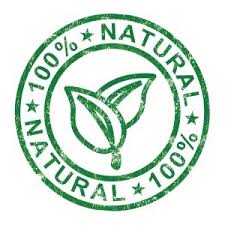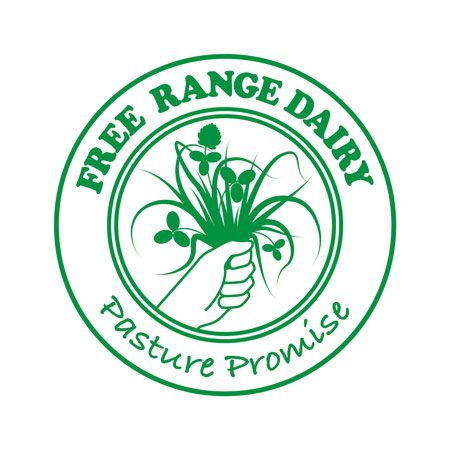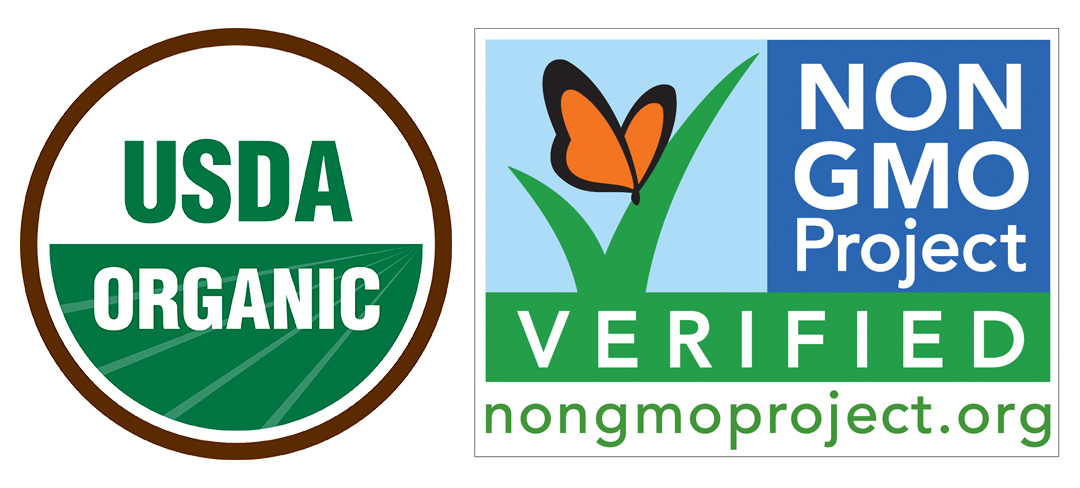 You have probably noticed the "non-GMO", “All Natural”, “Organic”, and “Free Range” labels that are appearing in increasing numbers on your favorite products in the grocery store.
You have probably noticed the "non-GMO", “All Natural”, “Organic”, and “Free Range” labels that are appearing in increasing numbers on your favorite products in the grocery store.
Some people associate these labels with health foods, but do you actually know what these labels mean?
You would be surprised to find out that just because something has these labels does not necessarily mean they are better for you or the environment.
All Natural
 What do you think of when you see a food labeled all natural? According to the FDA, natural means that nothing artificial or synthetic has been added to a food that would not normally be added to the food.
What do you think of when you see a food labeled all natural? According to the FDA, natural means that nothing artificial or synthetic has been added to a food that would not normally be added to the food.
This ambiguous definition means that foods labeled all natural are permitted to have additives, hormones, genetically modified ingredients, antibiotics, and pesticides. There have been numerous petitions to ban the use of the all-natural label to prevent companies from misleading consumers.
Free Range
 When I think of free range meats and eggs, I imagine free-grazing cattle and chicken in a sun-filled open field with plenty of space.
When I think of free range meats and eggs, I imagine free-grazing cattle and chicken in a sun-filled open field with plenty of space.
Typically, free-range means that animals simply have access to the outdoors. Although the USDA does regulate this label, it does not require an application or certification. This means that animals may be kept in small areas as long as they are not technically confined. Chickens may have “access to the outdoors” when the door is open for as little as five minutes. There are no other regulations when it comes to living standards or the number of animals living per square foot.
Organic
Organic foods cannot be produced with growth hormones, pesticides, petroleum, antibiotics, bioengineering, or sewage-based fertilizers. When a product is labeled organic, this means that 95% of the ingredients in the product are produced with these restrictions.
Unlike many other food labels, the organic label is regulated very strictly by the USDA. Companies producing organic foods must submit an application, keep thorough records that are shared with a division of the USDA, the National Organic Program, and pass a surprise on-site inspection. In addition, if companies break any regulations, they are charged $11,000.
Non-GMO
 A Non-GMO product is one that is not modified genetically.
A Non-GMO product is one that is not modified genetically.
Genetic engineering is the process by which scientists insert or alter genes in an organism's genome in order to make it express certain characteristics. For example, there is a gene that determines the color of roses. Scientists have figured out how to manipulate this process to make crops grow better in extreme climates like drought, increase the nutrient content of crops like rice, and create pest-resistant crops to reduce pesticide use.
The non-GMO label is regulated by a third-party company, The Non-GMO Project, and not the USDA. In addition, these labels simply mean that according to this third-party, the product is not manufactured with bioengineering, not that it is clear of contamination from other GMO foods. In addition, while the label is regulated with on-site inspections, these inspections are done by other non-GMO certified farmers, not officials of the Non-GMO Project.
So, what do you think? Are these labels helpful? Misleading? Manipulative? Do you think they should be regulated more strictly? Next week, we will talk more about GMOs and the pros and cons of their use.
Sources: livescience, gcbl.org, clark.com, thebalance.com, upc-online.org







